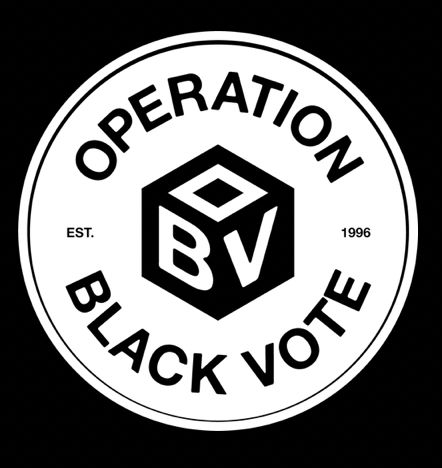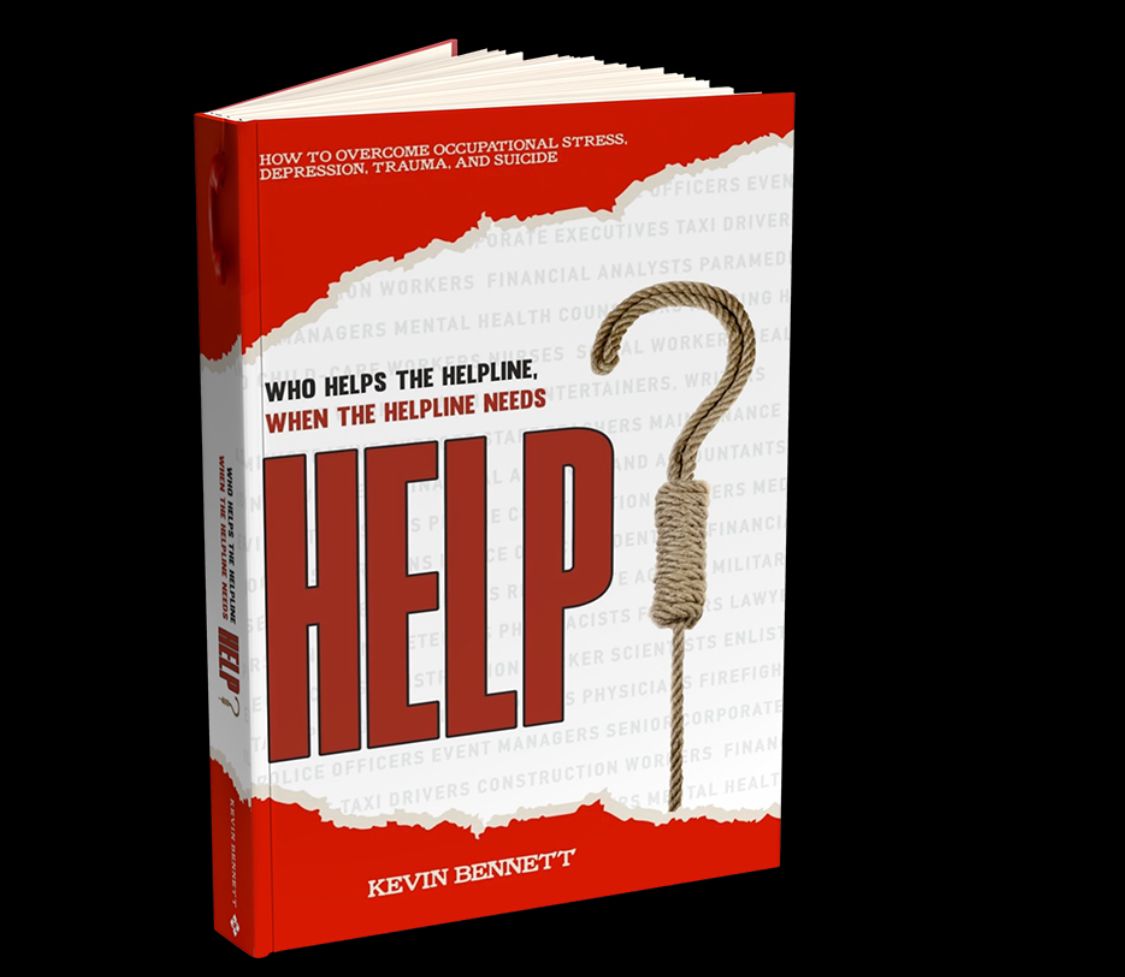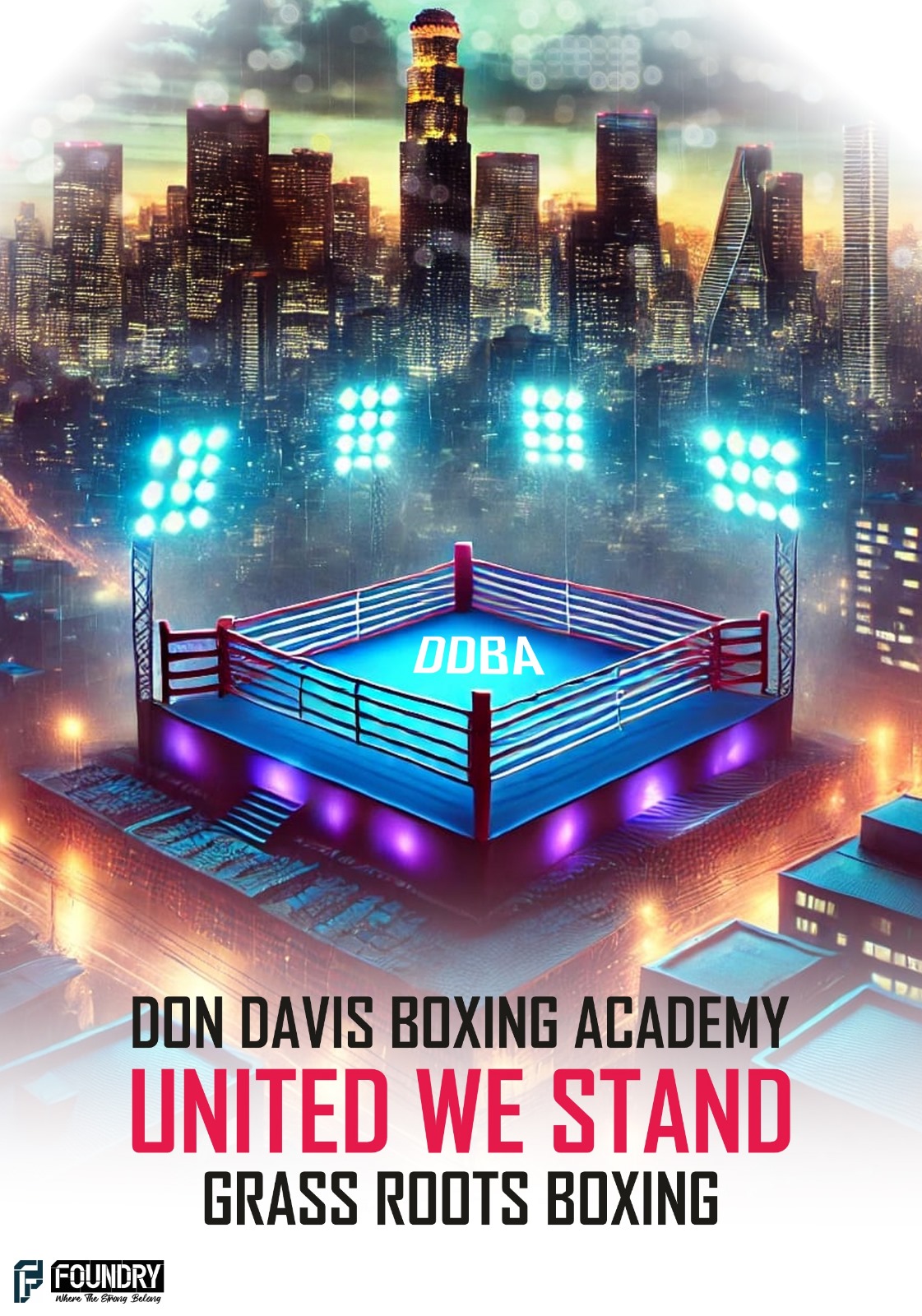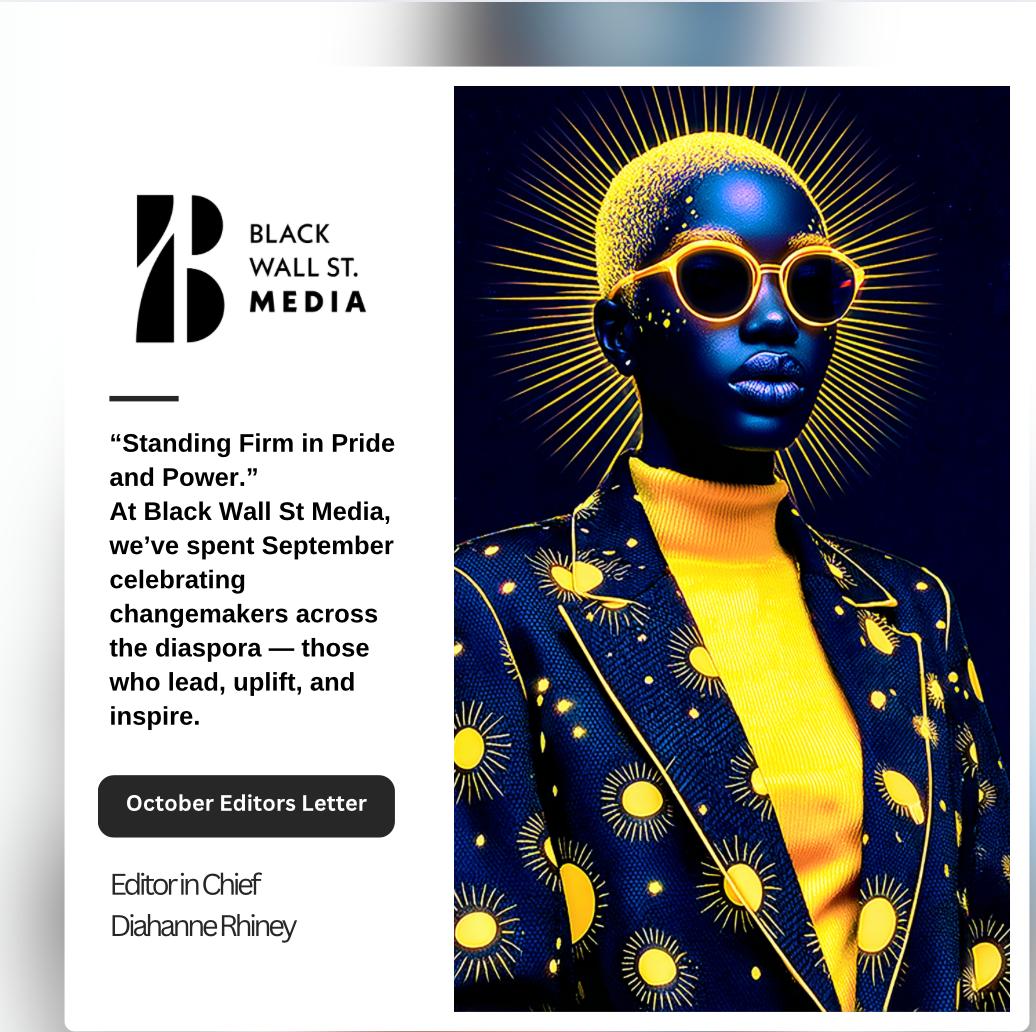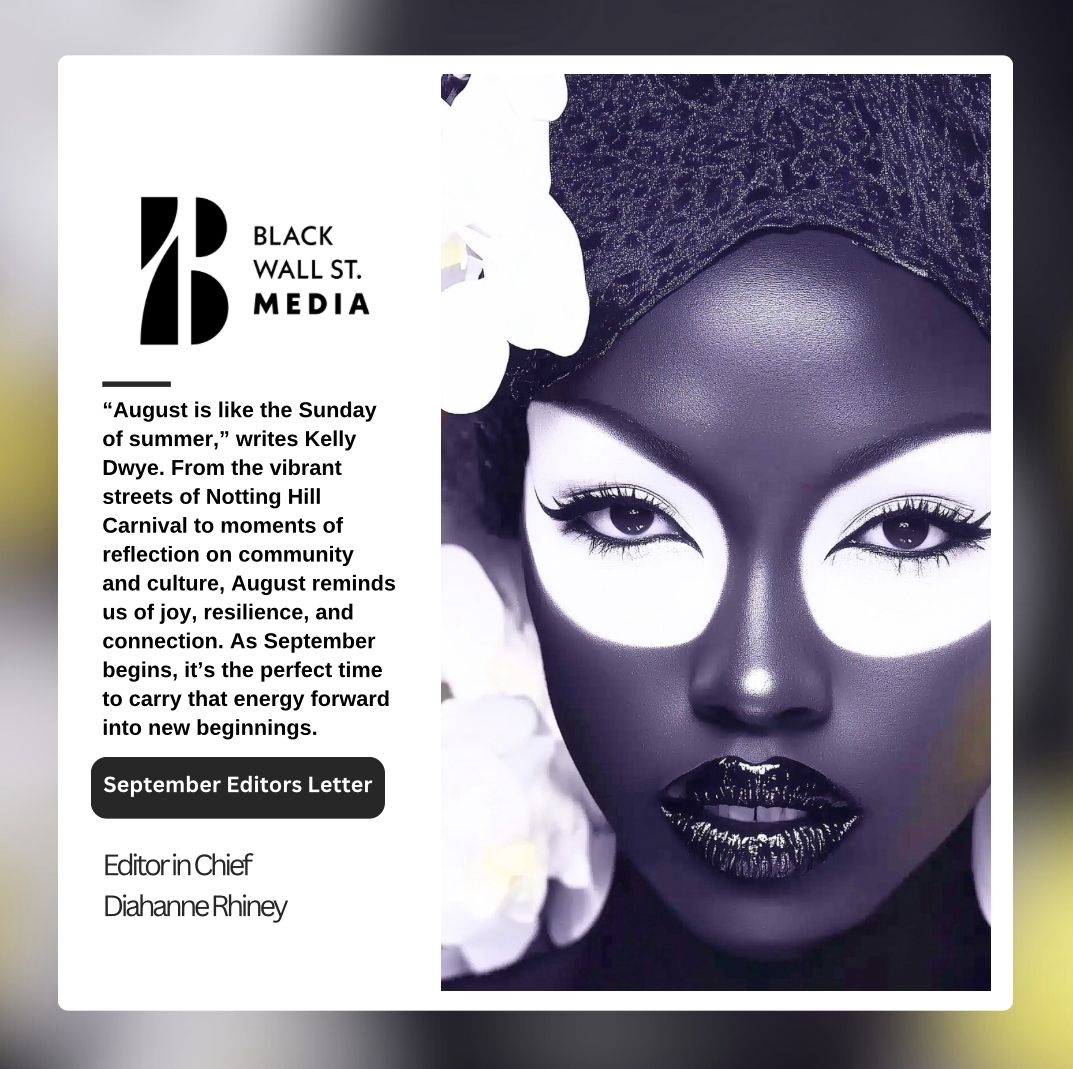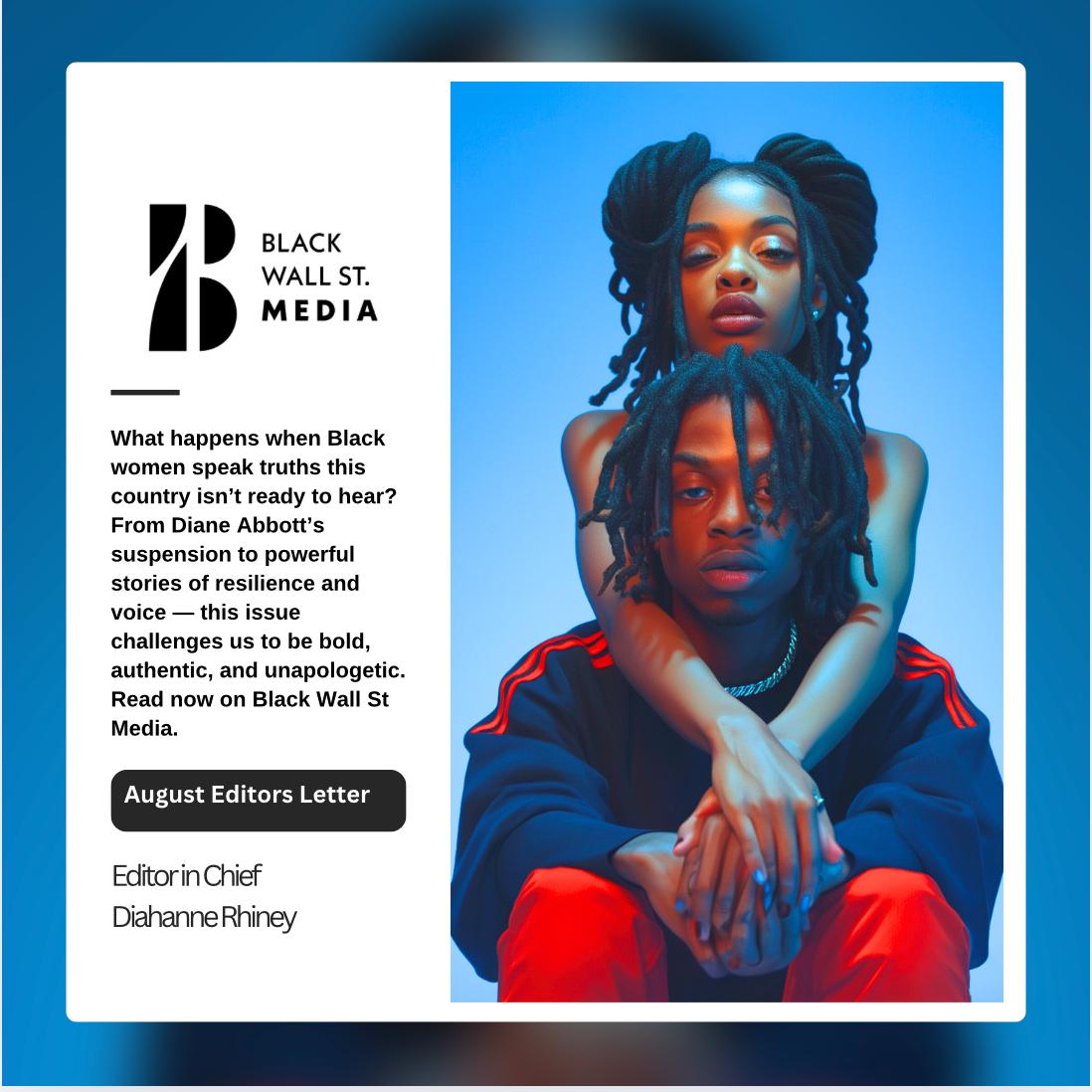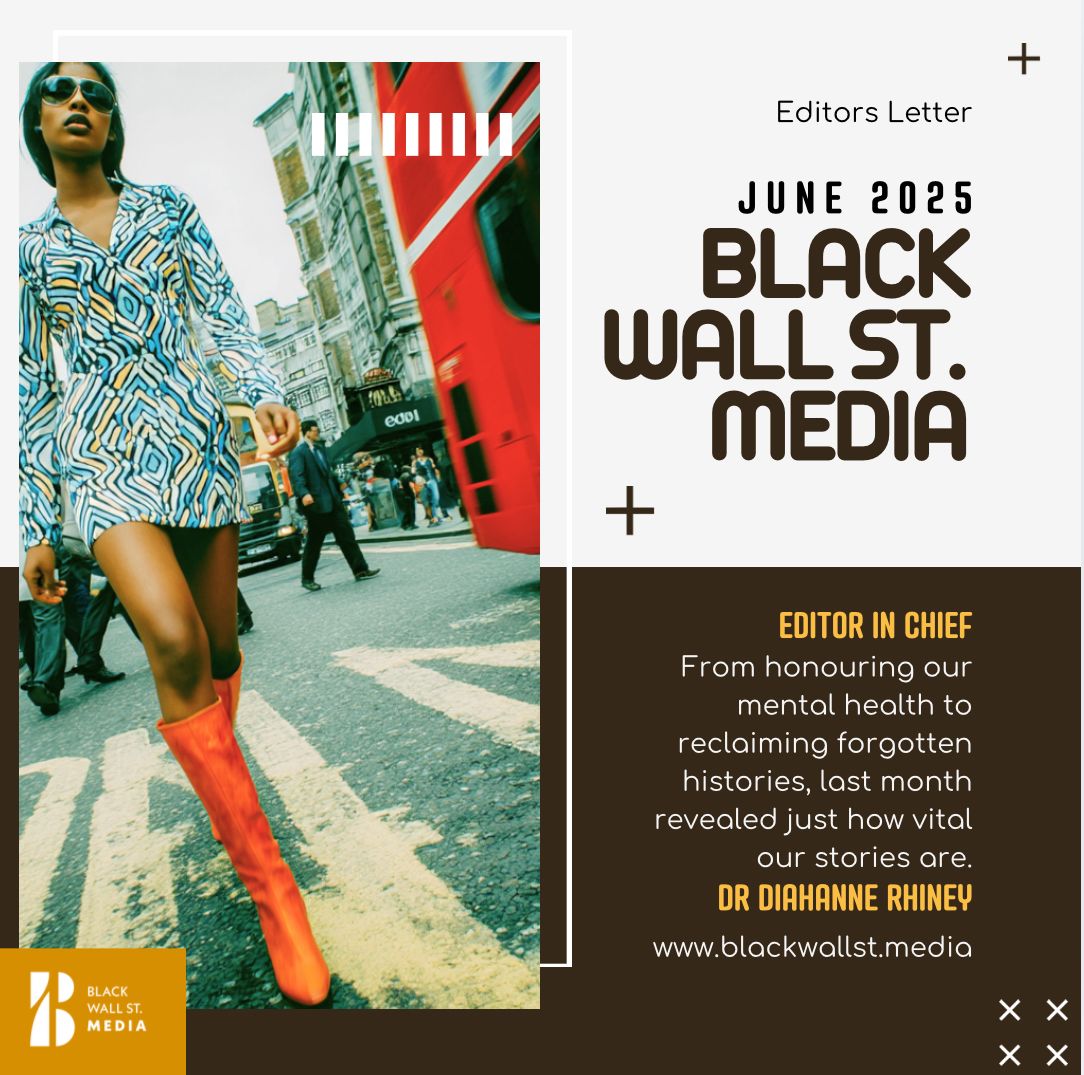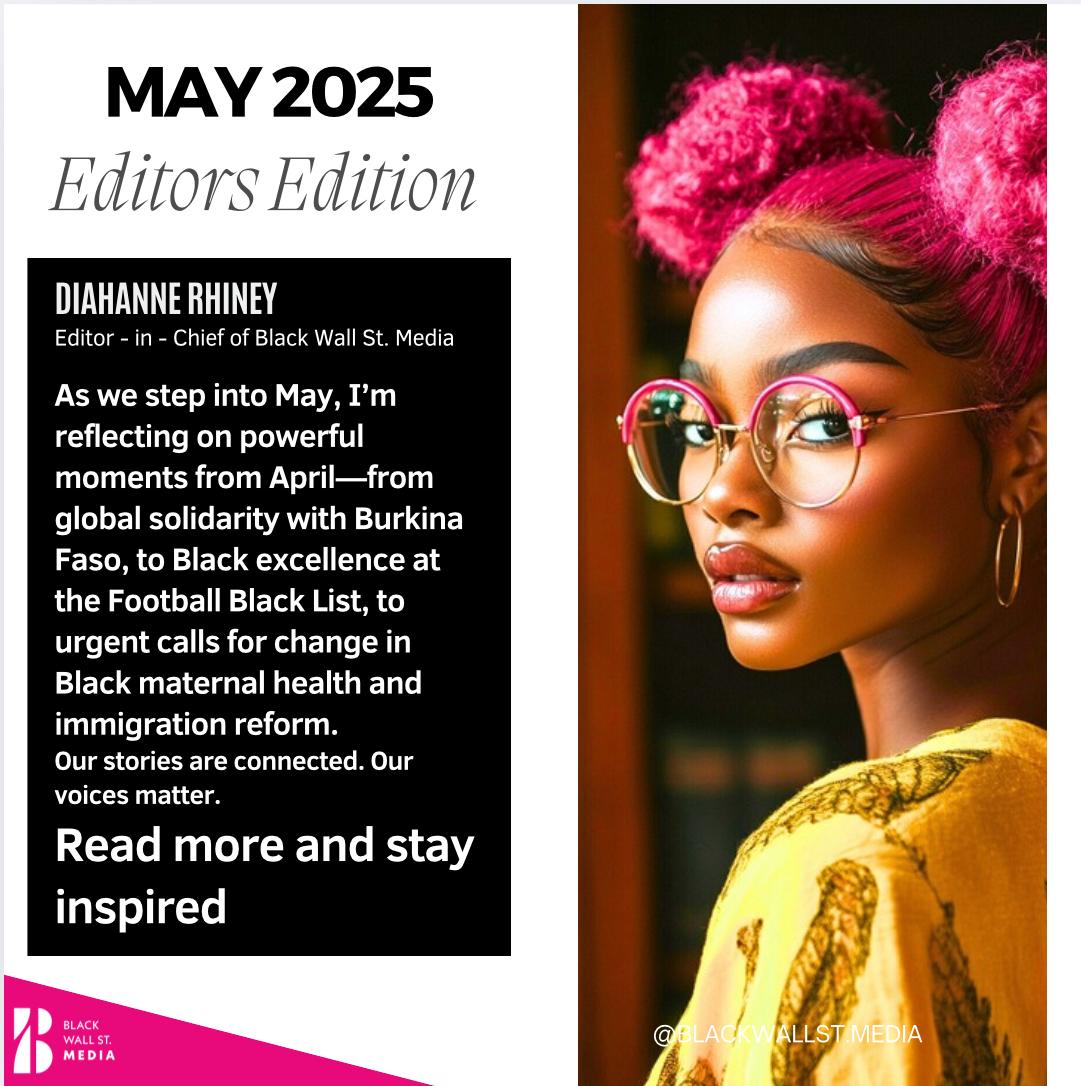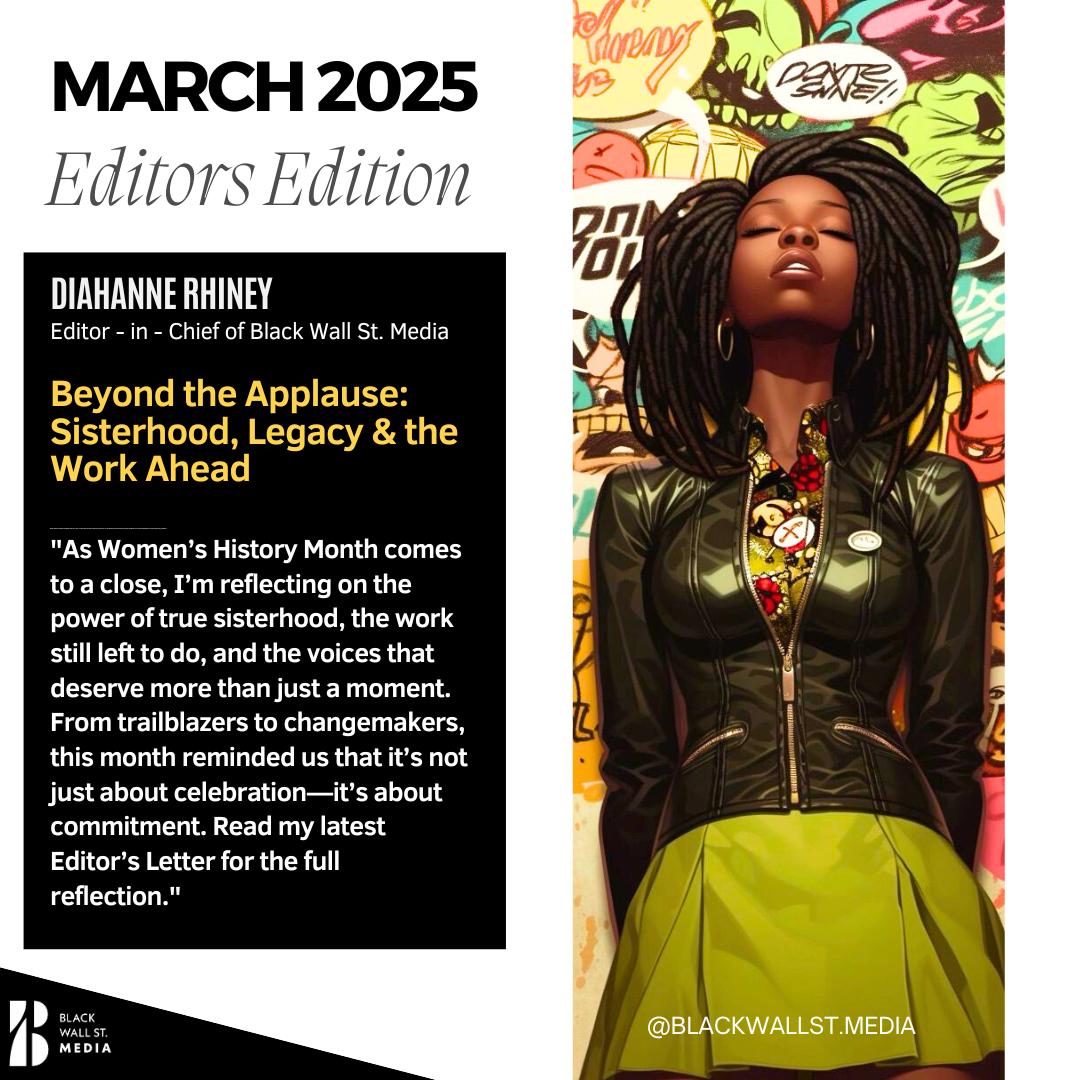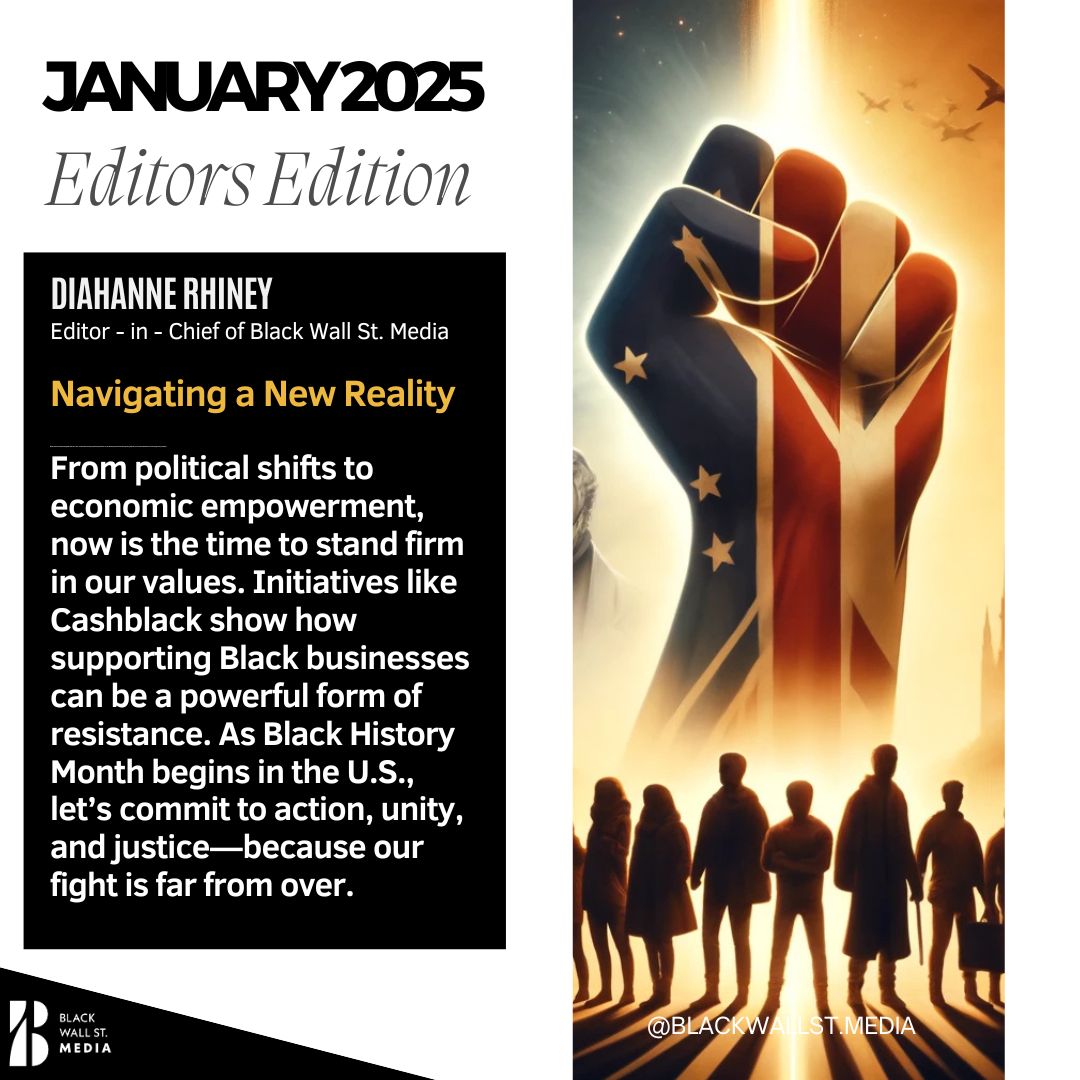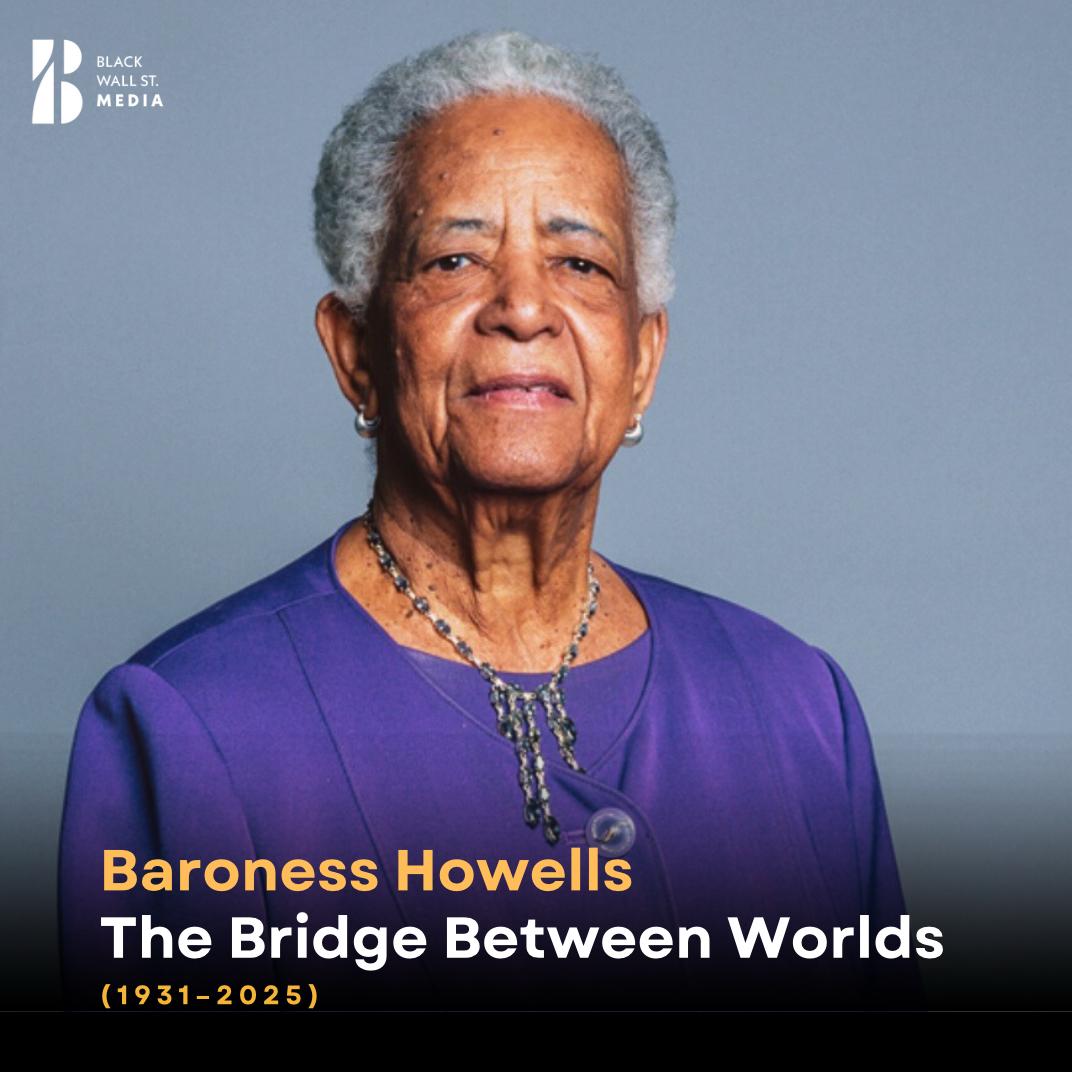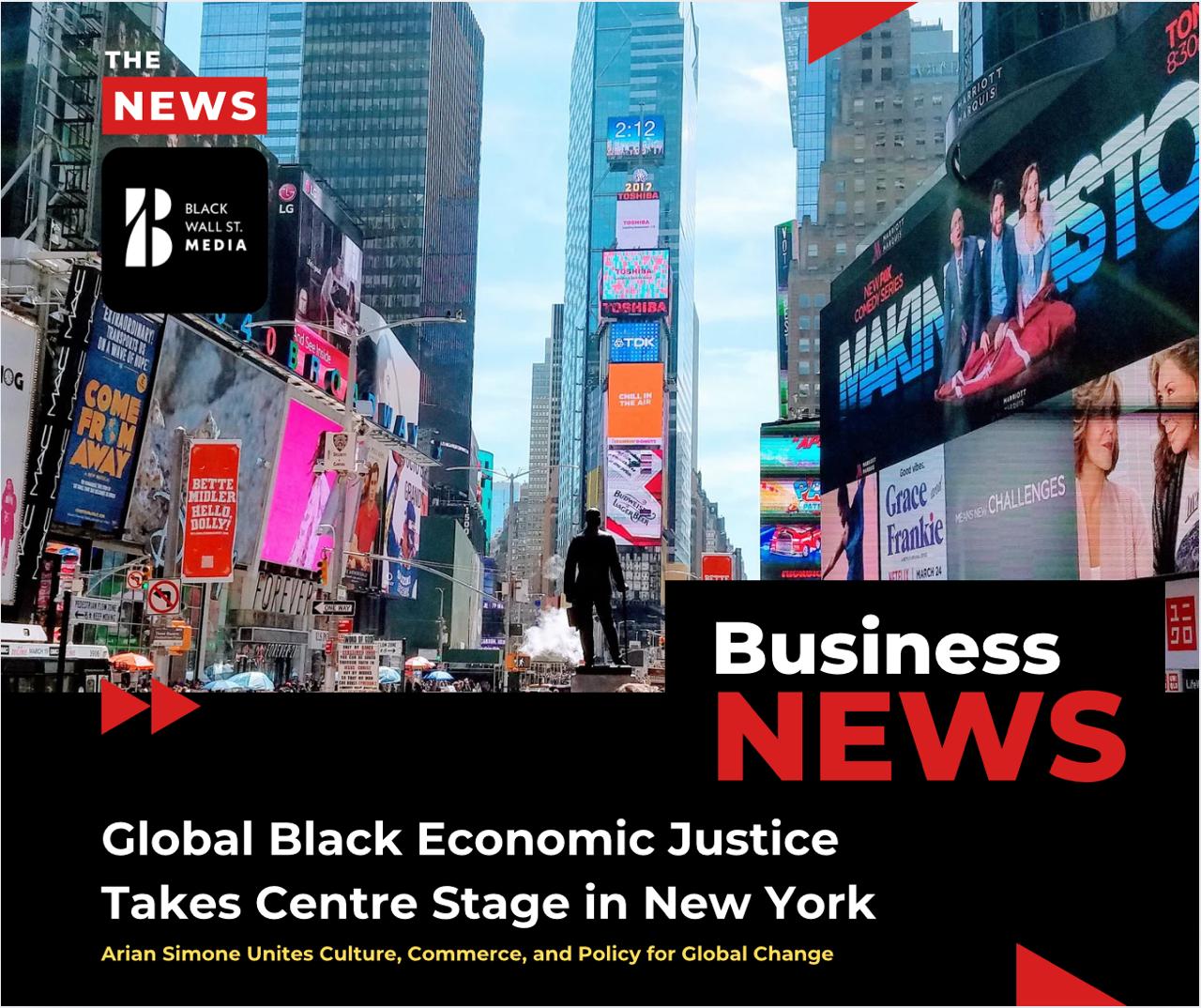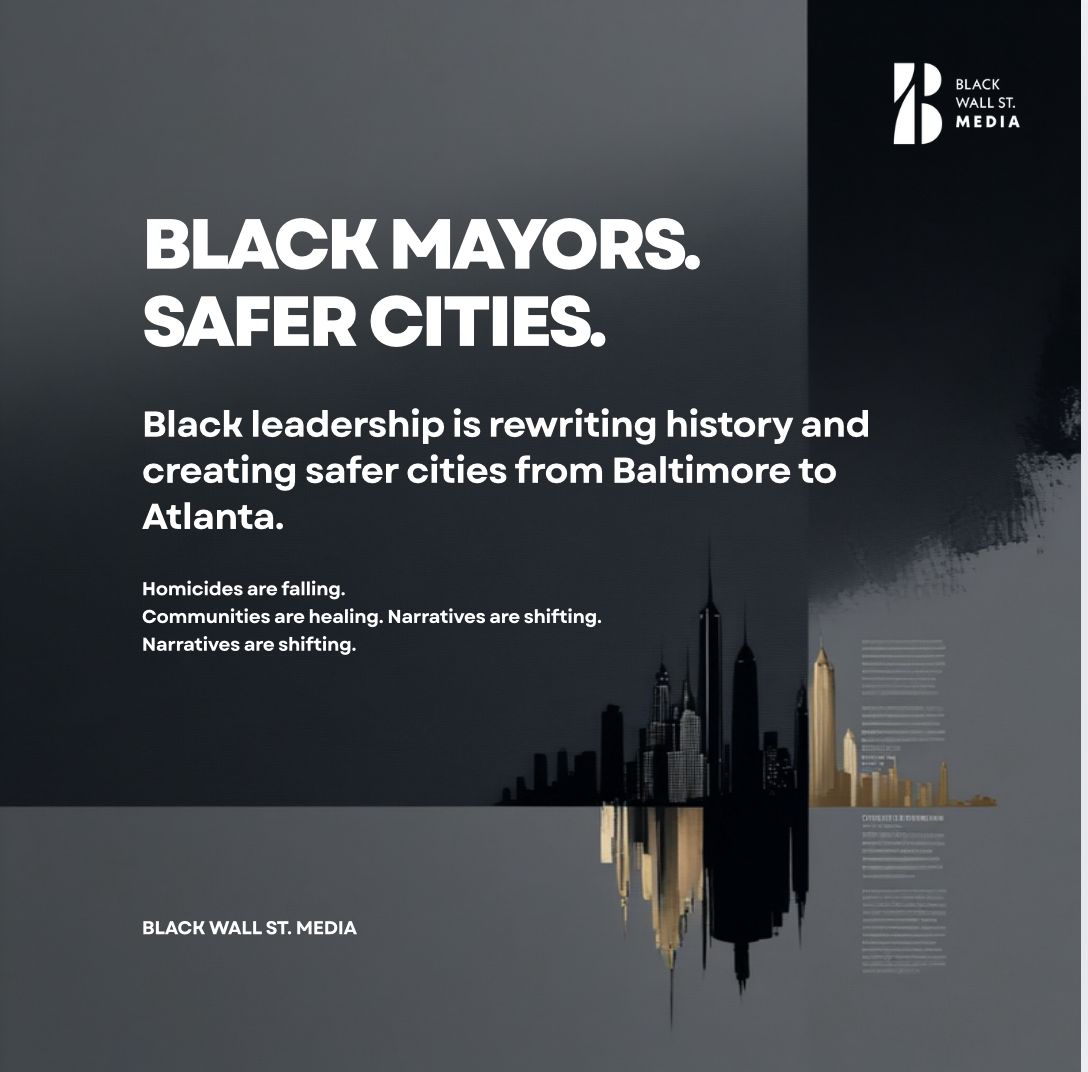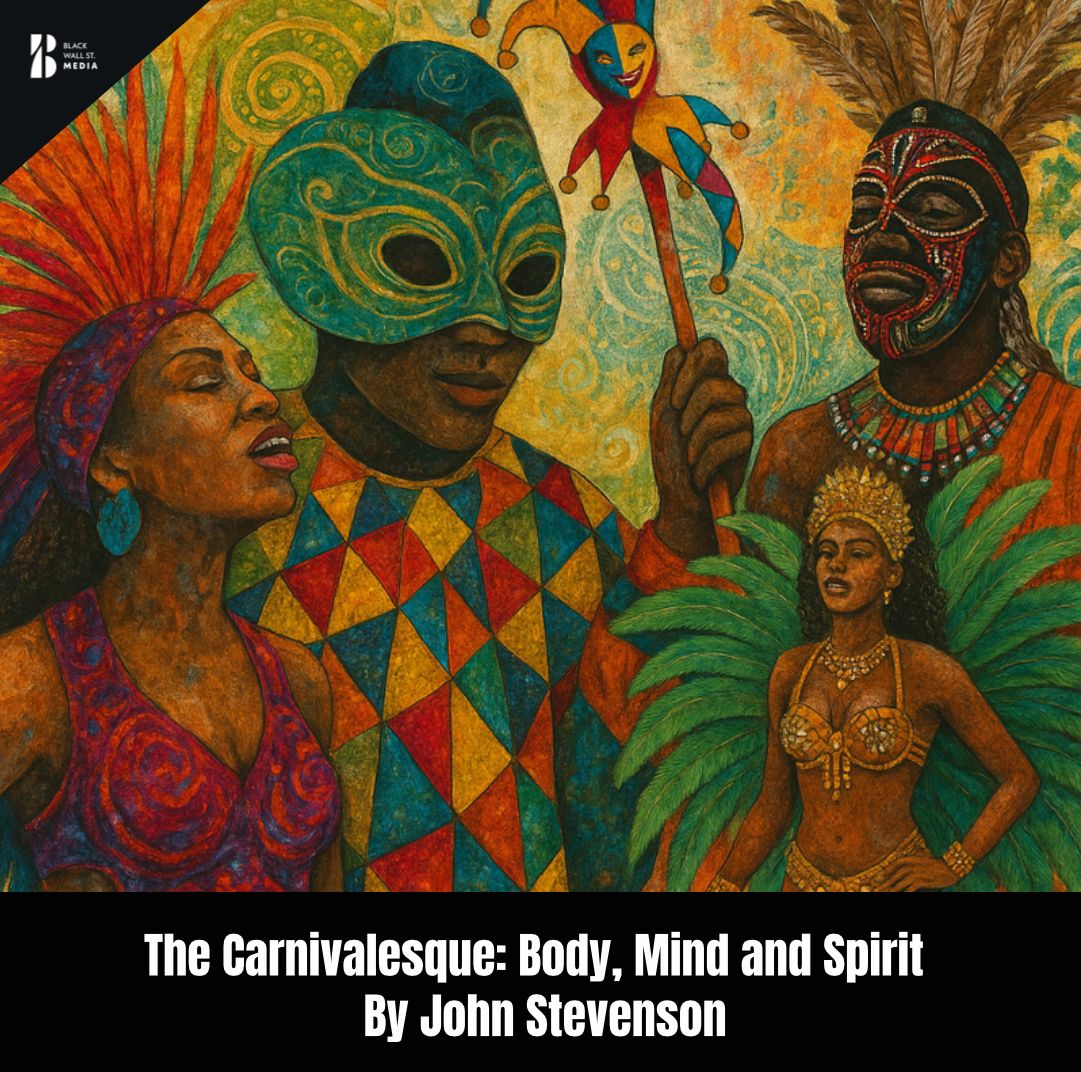Sports and Society
An Analysis of Race, Power and the Bellingham Effect
“Jude Bellingham isn’t just redefining football—he’s holding up a mirror to society. Our latest piece explores how Black excellence is still filtered through suspicion, coded language, and centuries-old biases. This isn’t just sport; it’s a reflection of race, power, and the uncomfortable truths we need to face.”
BWSMContributor
We design A Perfect Fit for Black Women
We’re breaking barriers of one-size-fits-all culture of mainstream fashion to a more customised fit for you.
Contemporary African design
54kibo brings you exclusive luxury African decor for the home, office and other lifestyle spaces.
WHERE HERITAGE HITS HOME
The Cornrow is a homeware curation dedicated to celebrating a modern Black aesthetic.
As I watch the public conversation surrounding Jude Bellingham, I am reminded of an uncomfortable truth: a lie is always easier for a nation to bear than the truth.
And when that truth is reflected in the face of a young Black boy who dares to be magnificent, it exposes more than individual prejudice, it reveals the moral wreckage on which much of this society still stands.
Bellingham is not simply a footballer in this moment. He has become a mirror.
The roar of the crowd obscures a deeper, more troubling dynamic: he carries not only the expectations of his team, but the suffocating weight of what a white world believes a Black man should be.
His extraordinary talent something that should command universal respect is rarely viewed in its own light. Instead, it is filtered through suspicion, fear, and the unspoken requirement that he fit a role that predates him by centuries.
We see this in the coded language used around him.
Critics call it “attitude.” They whisper “arrogance.”
But these are not footballing terms; they are social constructs. They form the same vocabulary once used to describe enslaved people who did not bow deeply enough, citizens who dared to claim their full personhood, artists whose voices rang too loudly for the comfort of the powerful.
“Arrogance” becomes the label assigned to any Black person who refuses to perform the docile, grateful posture expected of them.
This is not new.
It is historical.
It is structural.
When a young Black man displays a level of mastery that cannot be dismissed, when his confidence is legitimate and publicly visible, that confidence becomes a perceived provocation.
He is not only expected to excel, he is expected to excel without unsettling anyone. His excellence must be immaculate enough to be tolerated, and muted enough to be non-threatening.
In this framework, he is not a fully autonomous individual; he is a temporary investment, a commodity with a shelf life, one misinterpreted gesture away from being cast aside.
And so, we watch a familiar pressure unfold. It is slow, methodical, and psychological rather than physical.
The critiques directed at Bellingham’s “temperament” reveal far more about the observers than the observed. His critics are not reacting to him, they are reacting to the discomfort of confronting a Black man who owes them nothing, who plays with a freedom they cannot control.
This is why I argue that what we are witnessing is not truly a discussion about football.
It is a moral crisis, acted out on the grass of a stadium.
It is the ongoing struggle for Black individuals, especially those with visibility and influence to exist outside the restrictive narratives imposed upon them.
Whenever Bellingham meets the camera with an unflinching gaze, whenever he walks with the posture of someone who knows exactly who he is, the machinery of reduction begins.
Attempts are made to cut him down to a manageable size, to correct him, contain him, or recast him into something more palatable.
Until this country, and the wider world shaped by its anxieties, can view Black excellence without instinctively reaching for the language of correction or suspicion, the path for young men like him will remain heavy, isolating, and unjust.
It will continue to be a journey toward an acquittal that should never be necessary in the first place.
And so, for now, we must acknowledge a difficult reality: the lie is still running the league.


